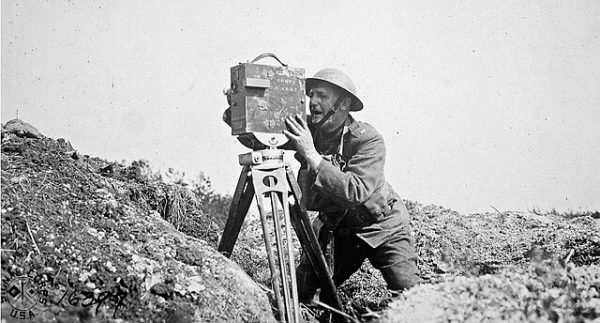Gossip: something to talk about
Whispering, huddling close, covering the sides of their faces so nobody can hear. You probably refer to this as “gossip”. According to the Oxford Dictionary, gossip is “casual or unconstrained conversation or reports about other people, typically involving details that are not confirmed as being true”.The term dates back to the 12th Century – rooted from the Old English noun “godsibb”, from ‘god’ and “sibb’ meaning kinship or peace. People often used it to refer to a child’s godparent or sponsor at a baptism.
After some time – and some spelling changes – the word gossip came to mean “a good friend, usually a woman.” Many used it to talk about someone close to them, such as a close friend or close sibling, someone you could tell anything. Over time, gossiping was seen as something that people had to do with their closest friends or siblings.
In the late middle ages, gossip was a way of bonding and showing affection with people you were close to. For stay-at-home moms, this was an escape and could be seen as therapeutic. People would host meetings with their friends and talk about what was happening in their lives. Normally, only the close circle would know about the topics they discussed. Over time, female friendships began to be seen as witch cults. When women were in groups, they were seen as a target for hatred. Even though they were simply talking amongst themselves.
Though, don’t be fooled. Men gossiped too. Since women were jobless, their talk was seen as unnecessary and annoying. Since men had jobs, society viewed their talk as necessary and important. Apart from themselves, nobody took the women seriously.
According to Medium.com, A Lesson from History, “While gossiping was deemed to be a girl thing, the demonization of it was no doubt a scheme created to shut women up. It’s gender oppression and misogyny at its ugliest.” Around the 1500’s, laws were made against women. They were told to stay quiet. They had to keep calm – no matter the situation. If they didn’t comply, they were punished.
Women had consequences not only when they gossiped, but also when they stood up for themselves or questioned authority. The scold’s bridle, gossip’s bridle, and death by drowning are all examples of punishment. While all are horrible, the scold’s bridle was the most popular. The instrument was also known as a “witch’s bridle”. It was made of heavy iron strips that merged to make a mask. Usually, a small piece of iron was shoved into the woman’s mouth to prevent her from talking. It was not just uncomfortable, but also humiliating. When husbands felt that this wasn’t enough, they would go as far as to send slaves to take their wives on walks so they would get shamed and spit on.
Women were expected to keep their lives to themselves. To stay passive and submissive. “The moment they [women] began to talk amongst themselves and gain some confidence and freedom, was the same moment patriarchy used it against them.”
As you can see, gossip tends to be associated with negative talk, but it wasn’t always that way. Anyone can “gossip”. Both men and women alike.

Gianna Caforio, Class of 2025, is a journalist for the Oakmonitor. At Oakmont she is involved in S.A.F.E., Class Office (secretary), friends club, and...













